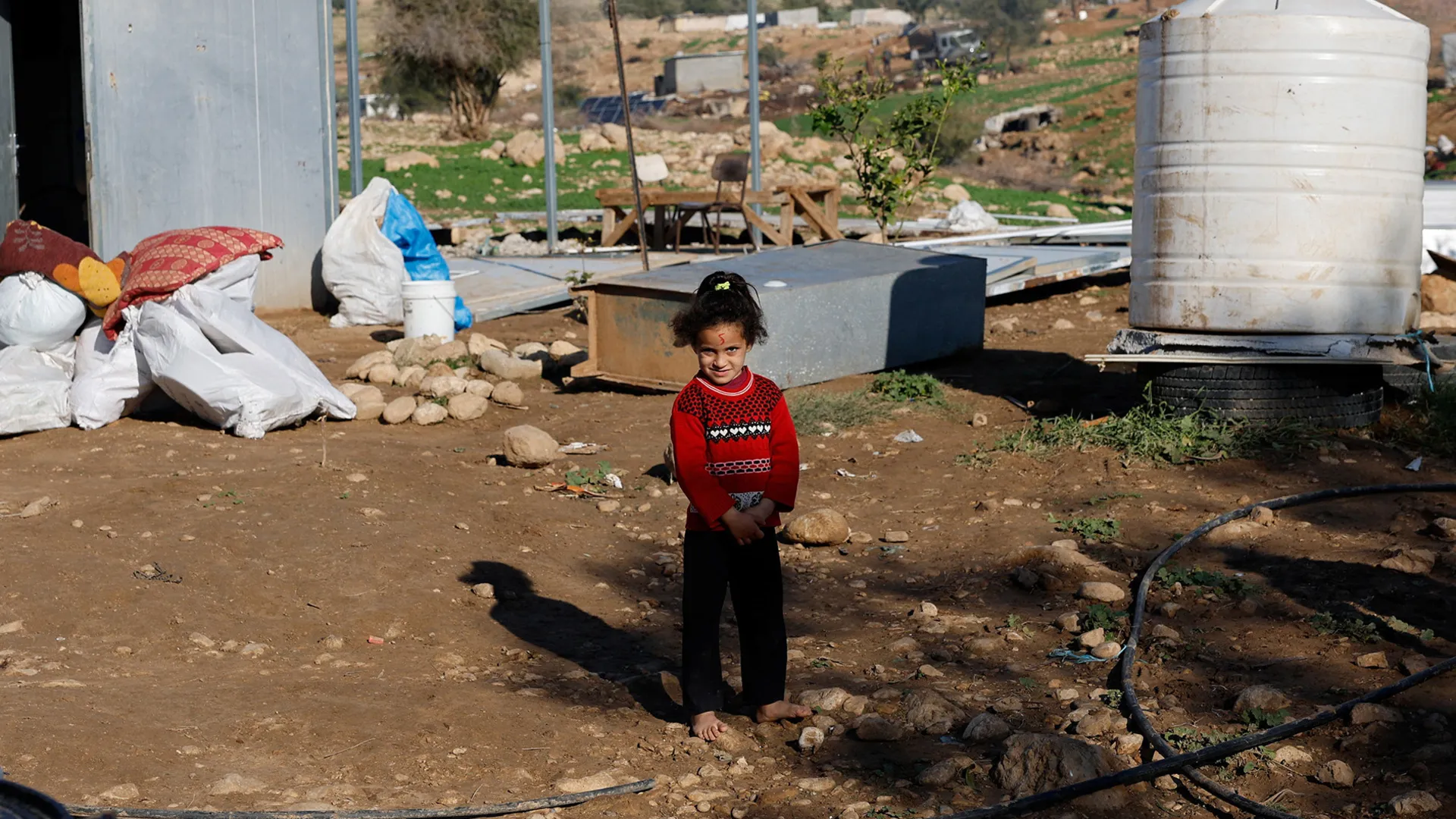Israeli settlers forcibly displacing largest Palestinian Bedouin village | Occupied West Bank
Settler violence in the occupied West Bank has emptied nearly three-quarters of the Palestinian Bedouin village of Ras Ein al-Auja, forcing hundreds to flee. Residents who remain say they are being deliberately pushed out of their homes, with nowhere else to go.
Published On 22 Jan 2026
